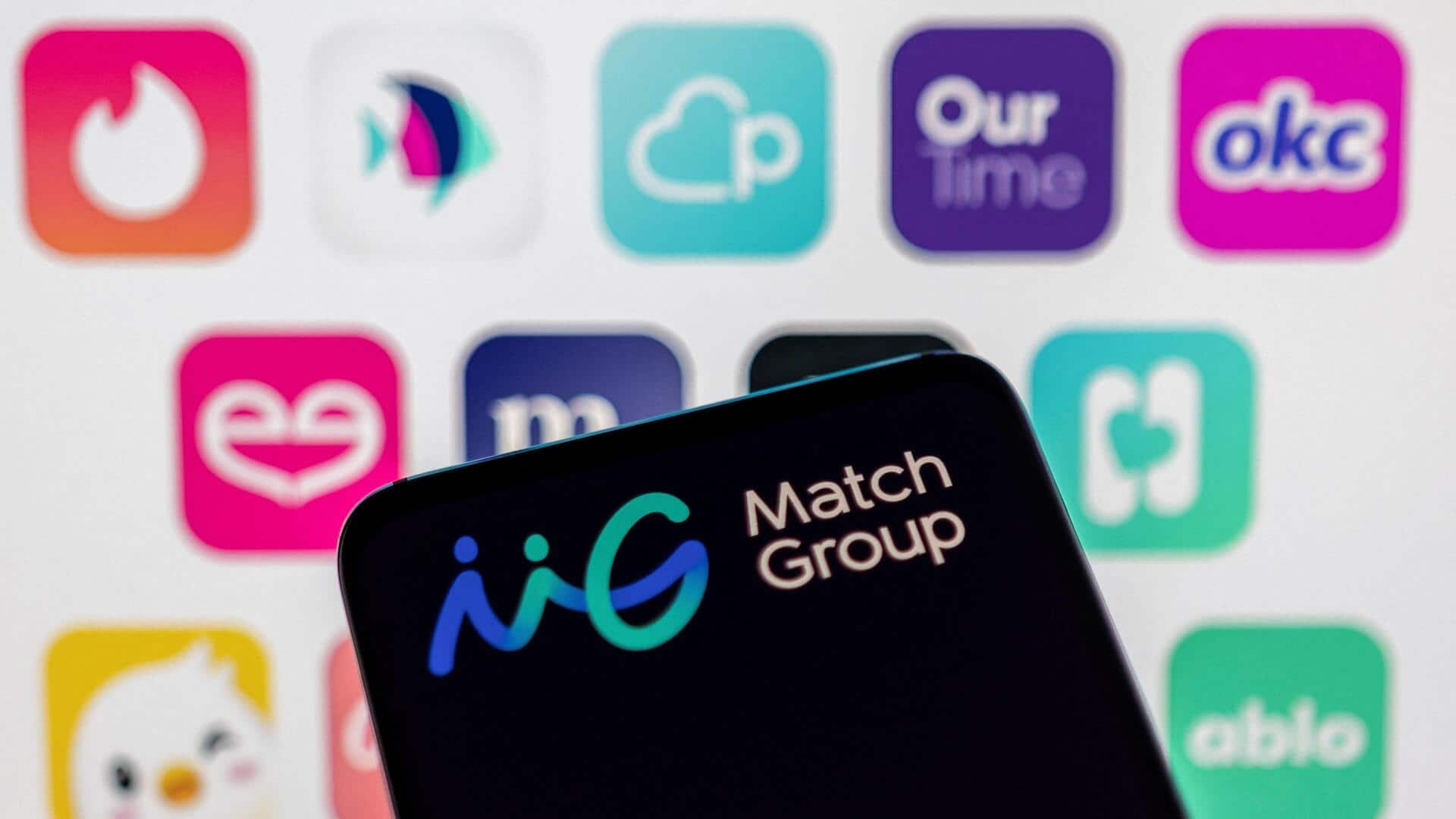
Match Group's Tinder, Hinge dating apps are addictive, says lawsuit
What's the story
Match Group, the company behind popular dating apps like Hinge, Tinder, and the League, is facing a federal lawsuit filed in San Francisco. The suit claims that Match Group prioritizes profits over helping users find love, and six plaintiffs from states like Florida, New York, and California are seeking class action status. They allege that the company has violated false advertising, consumer protection, and defective design laws.
Issues
Allegations of gamification and addiction
The lawsuit accuses Match Group of turning users into "gamblers" by making its apps addictive and elusive on purpose. The plaintiffs argue that instead of finding true love, users become "addicts" who keep buying subscriptions and paid perks to ensure the company's revenue keeps flowing. They claim that Match Group uses "powerful technologies and hidden algorithms" to create addictive, game-like features.
Response
Match Group denies allegations
In response to the lawsuit, a Match Group spokesperson called the allegations "ridiculous and has zero merit." They added, "Our business model is not based on advertising or engagement metrics. We actively strive to get people on dates every day and off our apps. Anyone who states anything else doesn't understand the purpose and mission of our entire industry." Studies show that anywhere between 10-50% of couples in the US met via online dating.
Claim
Dating apps prevent users from disengaging
Dating apps like Tinder and Hinge can be downloaded and used for free. However, paid subscriptions are necessary to access premium features like unlimited swipes, or getting in touch with the most desired singles. To note, push notifications and other facilities try to keep users engaged, making it difficult for them to put the apps down. The lawsuit claims this is intentional by design, and "intended to erode users' ability to disengage."
Hope
Lawsuit seeks disclosure of addictive nature
The lawsuit questions whether Match Group should disclose the potentially addictive nature of its design features, and whether not doing so violates consumer protection laws. It refers to a 2020 study on "ghosting" and "breadcrumbing," stating that users with unlimited swipes experience less life satisfaction and increased feelings of loneliness and helplessness. The suit has urged the court to order Match Group to start an advertising campaign, which will reveal the addictive nature of its dating apps.